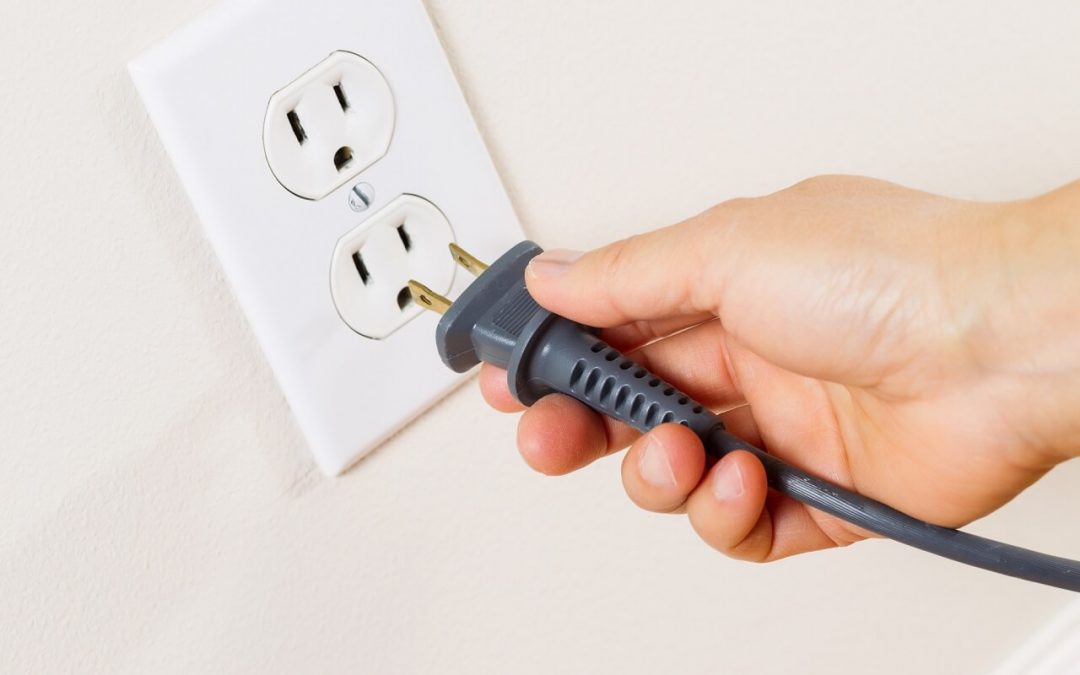One of the most common causes of residential fires is the malfunction of electrical equipment and wiring. Electrical appliances make our daily activities easier, but they can also cause shocks or experience issues with overheating. Major problems can be avoided by taking steps to decrease the risk of fires, electrocution, and other disasters. Here are a few tips for electrical safety in the home.
Unplug Unused Devices
Unplugging appliances or devices after use is the simplest way to save money and avoid electrical mishaps. However, it is easy to forget to unplug your electronics. Get into the habit and teach your family the same. Appliances, especially heat-producing ones that are left unattended, may overheat and start a fire. Turn off these devices and unplug them after use and whenever you’re leaving the house.
For Electrical Safety, Don’t Overload Outlets in the Home
Take care not to overload your house’s electrical outlets or extension cords. When you plug too many items into an outlet, the circuit may not be able to handle the load. This can lead to overheating or a blown circuit. Here are some indications that your home’s electrical circuit is overloaded:
- Flickering or dimming of lights
- Warming or discoloration of outlet plates
- Burning smell from outlets or switches
- Sparks upon plugging or unplugging
- Frequent tripping of circuit breakers
Don’t use extension cords for major appliances. This includes refrigerators, microwave ovens, and other equipment that involves heat exchange. The cord may not be able to handle the electrical needs of the appliance and may overheat. It’s always best to have a designated outlet for each of your major appliances.
Check Cords for Damage
Make sure that the electrical cords to your devices and appliances are not frayed, cracked, or damaged in any way. Defective cords can cause electrocution and may also lead to a fire. Replace damaged electrical cords or purchase a new device to keep your home and your family safe.
Read the Manufacturer’s Instructions
Another tip for electrical safety is to understand how a machine works and how best to take care of it. When you purchase a new device or appliance, read the manual to learn about the product. Read any warnings and, before using the machine, read the directions on how to correctly operate and clean it to prevent malfunction.
Be Aware of Electrical Safety Hazards in the Home
To practice electrical safety, keep water away from your appliances and electronics. Water is an electrical conductor and moisture in a circuit will increase the current. When water comes in contact with electrical wires, a short may happen. This may lead to overheating, damage to the device, and fire. To prevent this, keep your electronics away from water and make sure to dry your hands before plugging an appliance into the wall.
Electronics also need good airflow to prevent overheating. Don’t operate appliances inside cabinets or in tight spaces. Each machine should be installed with adequate space to promote circulation around the appliance.
North Point Home Inspections provides inspection services to customers in and around Atlanta, GA. Contact us to request an appointment.

